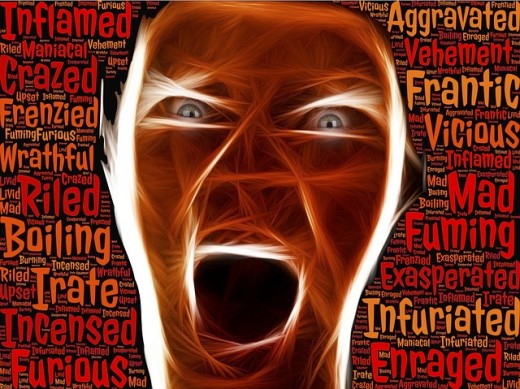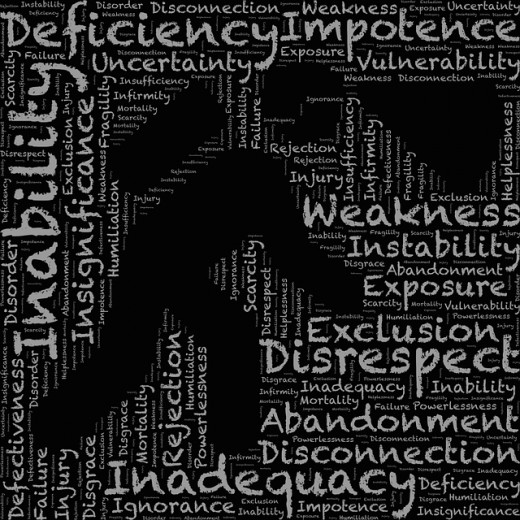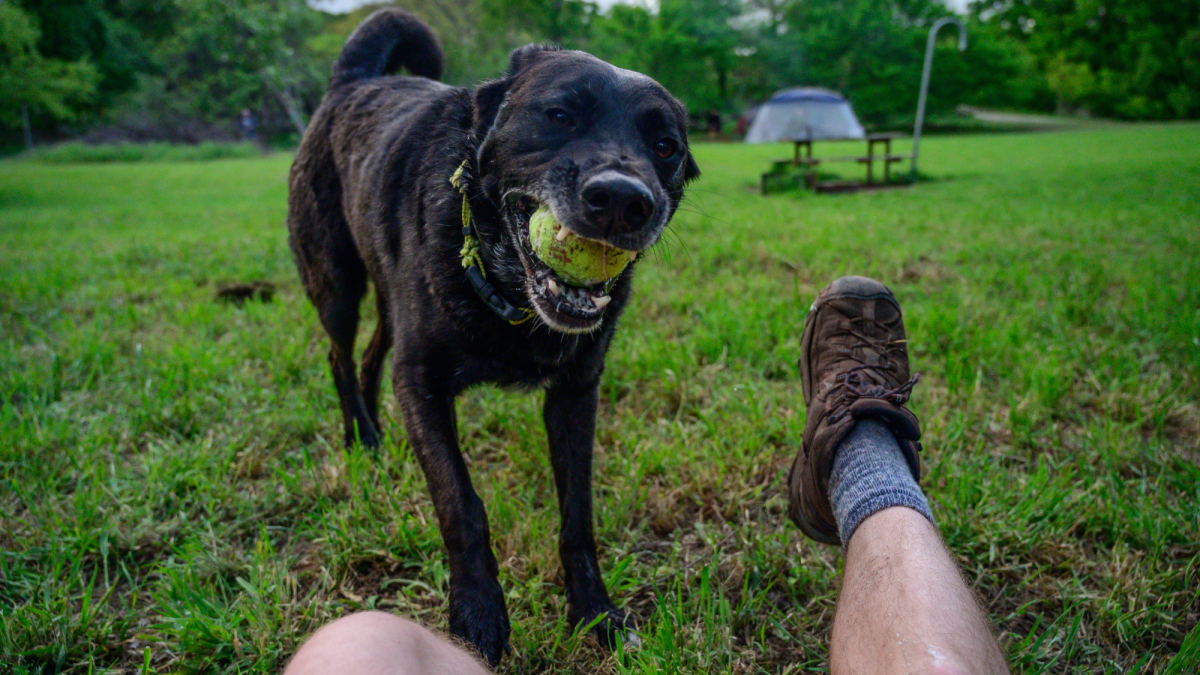Prosocial Skills: Anger Control and Stress Management Training

The development of prosocial skills is essential for a person to engage successfully with society, form meaningful relationships and to meet their own psychological needs in a positive way. Prosocial skills training can impact a number of social skills deficiencies, including anger control and stress management. If youth (or adults) have not developed skills to manage stress and handle their anger, they will have difficulty with the tasks of everyday life.
While anger is a normal human emotion, some individuals do not have appropriate coping skills to manage anger when aroused (Goldstein, 1999, p.251). Often this leads to physical or verbal aggression. There are a number of problems that are associated with chronic aggression, including relationship problems—with both peers and adults—isolation, sociopathic tendencies, property damage, drug abuse, criminal activity, and violence (Watt & Howells, 1999; Center & Kemp, 2003). Chronically aggressive behavior stems from both internal and external factors, including biological indicators, media, family, peer influence, distorted cognitive processes, irrational beliefs, immature moral reasoning, poor social skills, and deficient problem solving skills (Reddy & Goldstein, 2001; Watt & Howells, 1999; Goldstein, 1999; Center & Kemp, 2003).
...what we can do is improve a child’s moral reasoning, social skills, and problem solving skills and help youth to develop more normal cognitive processes
Developing Normal Cognitive Processes
While there isn’t much we can change about the past or the biological indicators, what we can do is improve a child’s moral reasoning, social skills, and problem solving skills and help youth to develop more normal cognitive processes (Goldstein, 1999; Reddy & Goldstein, 2001; Watt & Howells, 1999; Nakano, 1990). There is a great deal research that confirms the effectiveness of anger control training (Watt & Howells, 1999; Reddy & Goldstein, 2001; Goldstein, 1999). Research has shown that utilizing an approach that includes modeling, role-play, feedback and real-world practice decreases feelings of anger and frequency of aggression, as well as increases cognitive restructuring (Watt & Howells, 1999). Learners also demonstrated a transfer of skills to everyday life. These skills include dealing with group pressure, improved moral reasoning, accepting criticism, using self-control, reduced impulsivity and many more.
Coping With Stress
In addition to anger, many adolescents experience significant stress during their middle and high school years (Hampel, Meier & Kümmel, 2008). When it comes to stress, the individual’s perception of the stress is more important than the actual event or situation. Changes to their bodies, friendships, sexuality, school, work, drugs and alcohol, college acceptance and family all are potential stressors to adolescents (Goldstein, 1999). These stressors, if not dealt with properly, can be associated with emotional, behavioral and even academic problems (Hampel, Meier & Kümmel, 2008).

It is important that youth know how to cope healthily with the stress they will encounter. Many youth attempt to cope in ineffective ways (Goldstein, 1999). “Maladaptive coping strategies, such as self-blame, rumination, catastrophizing, aggression, and avoidance relate to unhealthy psychological adjustment” (Hampel, Meier & Kümmel, 2008, p. 1010). Teaching youth to manage stress in healthy ways will help to reduce perceived stress, behavior misconduct, emotional distress, psychosomatic symptoms, and high risk behavior such as smoking and drinking (Hampel, Meier & Kümmel, 2008). Better coping skills will also help youth to improve emotional responses and anxiety, which can lead to improved academic performance (Hampel, Meier & Kümmel, 2008; Goldstein, 1999; Keypour, Arman, & Maracy, 2011).
Today’s youth have to deal with many pressures, and they often haven’t developed the skills to handle them appropriately. Anger control training and stress management training are ways that we can help youth to develop properly. Healthy development leads to youth who are more socially apt, have a better academic performance and who are more suited to handle the tasks of daily living. Our goal is to help students become successful and productive members of society, skills training such as these can help us to achieve that.
References
Center, D., & Kemp, D. (2003). Temperament and personality as potential factors in the development and treatment of conduct disorders. Education and Treatment of Children, 26(1), 75-88.
Hampel, P., Meier, M., & Kümmel, U. (2007). School-based stress management training for adolescents: Longitudinal results from an experimental study. Journal of Youth & Adolescence, 37(8), 1009-1024. doi:10.1007/s10964-007-9204-4
Keypor, M., Arman, S., & Maracy, M. R. (2011). The effectiveness of cognitive behavioral stress management training on mental health, social interaction and family function in adolescents of families with on Human Immunodeficiency Virus (HIV) positive member. Journal of Research in Medical Sciences, 16(6), 741-749.
Nakano, K. (1990). Effects of two self-control procedures on modifying type A behavior. Journal of Clinical Psychology, 46(5), 652-657.
Reddy, L. A., & Goldstein, A. P. (2001). Aggression replacement training: A multimodal intervention for aggressive adolescents. Residential Treatment For Children & Youth, 18(3), 47-62.
Watt, B. D., & Howells, K. (1999). Skills training for aggression: Evaluation of an anger management programme for violent offenders. Legal and Criminological Psychology, 4(2), 285-300.








